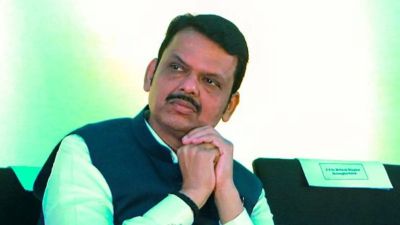With Rapidex and pork loin chops
FREETOWN, JUNE 26: Along with their rifles and ammunition, the Indian peacekeepers in Sierra Leone are armed with another weapon: a Rapide...

FREETOWN, JUNE 26: Along with their rifles and ammunition, the Indian peacekeepers in Sierra Leone are armed with another weapon: a Rapidex English speaking course book. It is the Bible for troops from several countries forming a part of the United Nations Mission in Sierra Leone UNAMSIL.
Several soldiers have spent over six months here and speak fluent English. Especially the drivers. 8220;We need it more than anybody else,8221; says lance naik Bhola Ram, a driver. In the glove compartment of his Maruti Gypsy is a Learn-English-in-15-days book. He brought it alongwith him from India and today that book is in great demand.
8220;We have to drive all over Sierra Leone and have to know every lane and by-lane. There are times we get lost. When you lose the way you have to ask. And you cannot say Bhai-sahib, Mammy Yoko hotel kahan hain?,8221; he says.
But now he speaks English fluently and even teaches his fellow-drivers. The mission to this far-flung, strife-torn West African nation has been an interesting experience for most soldiers, clouded only by the fact that 254 of their colleagues are in detention under the rebel forces.
There is not much to shop for here in Freetown. So soldiers make most of their free time in exploring every nook and corner of the capital and anywhere else they have been or may be deployed. 8220;These are reconnaissance missions. We may be asked to deploy anywhere and want to be prepared for it,8221; says a Gorkha Rifles soldier who has spent almost six months here.
8220;There are some soldiers who have spent more than nine months here as earlier they were a part of the UN observer mission. I purchased a watch for my wife,8221; says a young soldier. The watch which cost him 10 is priceless. It is from Sierra Leone, his first foreign assignment, for his wife, says his company commander.
The Indian peacekeepers here are also getting used to co-existing with peacekeepers from other Asian and African countries.
For the cooks, each day is an interesting experience. Some of the newly-deployed battalions still do not get UN rations. When they go out to shop for vegetables, they look for things that they get in India. 8220;The leaves I bought looked like palak, the round-brown vegetable looked like kaddu and the green looked like lauki. But when I cut them they looked different from inside,8221; a cook said.
Even when they have UN rations, some formations do not know what to make of it. There is something in the rations called pork loin chops. 8220;We have to get it but do not know what to do with it,8221; said an official.
- 01
- 02
- 03
- 04
- 05






























